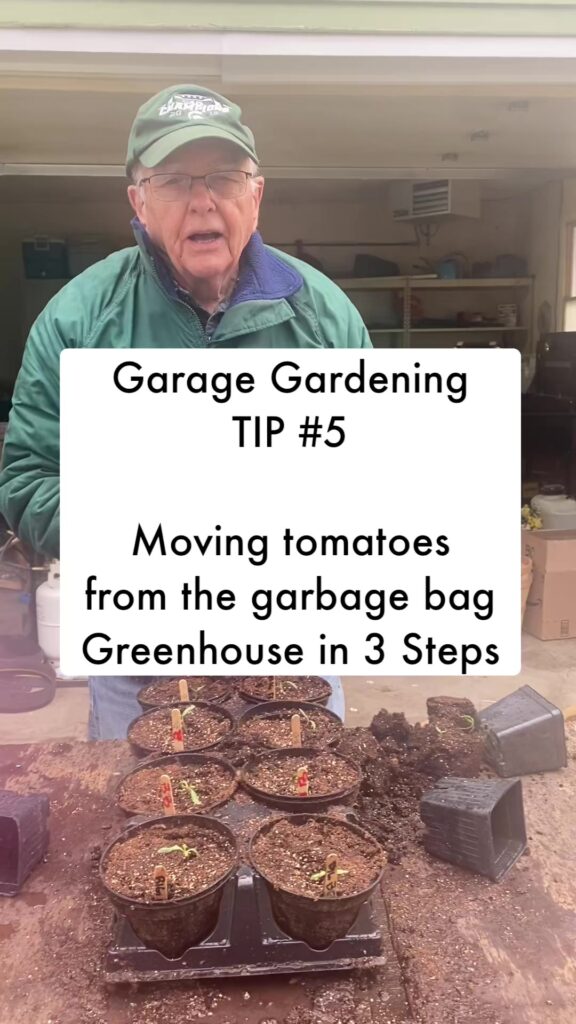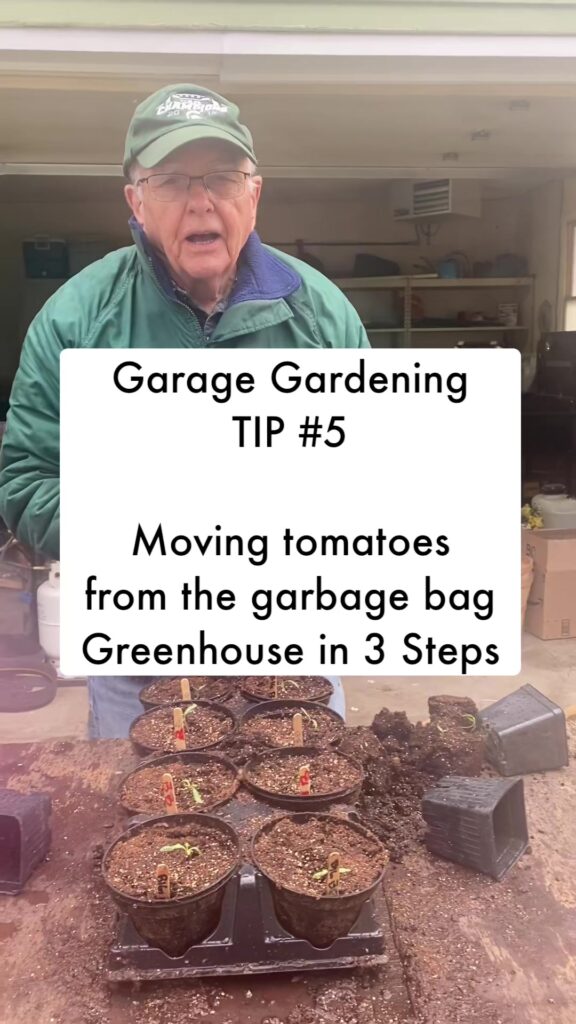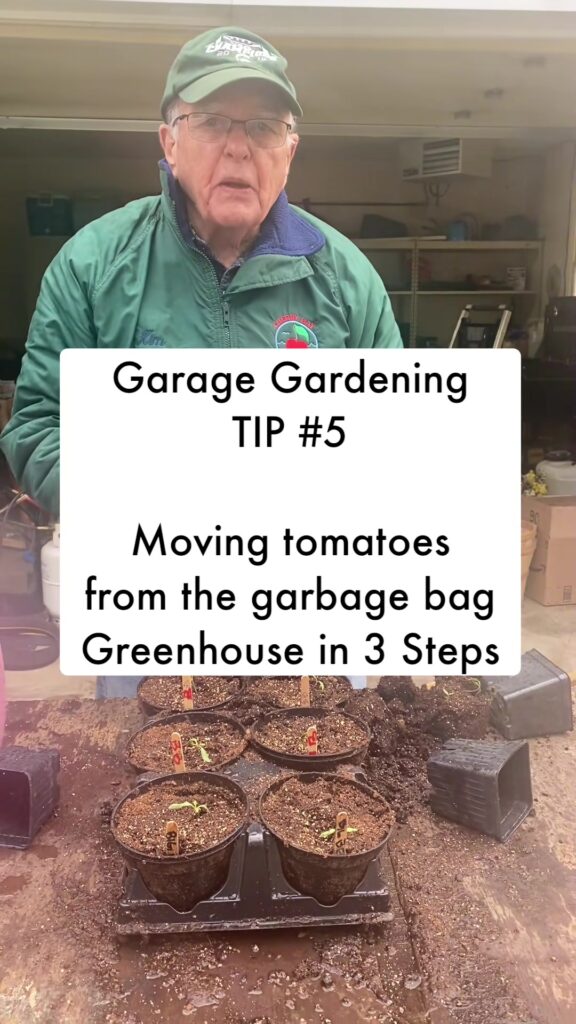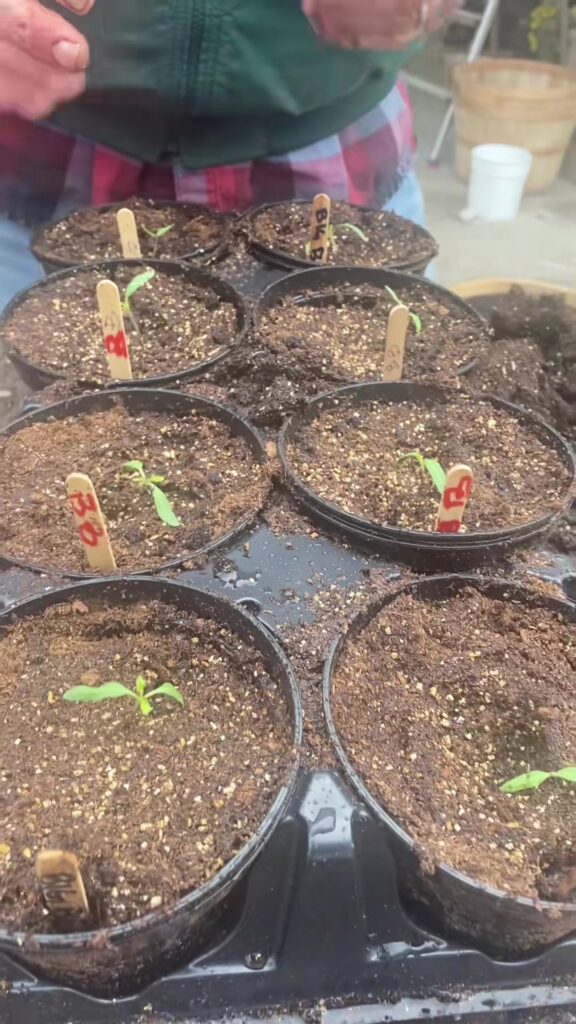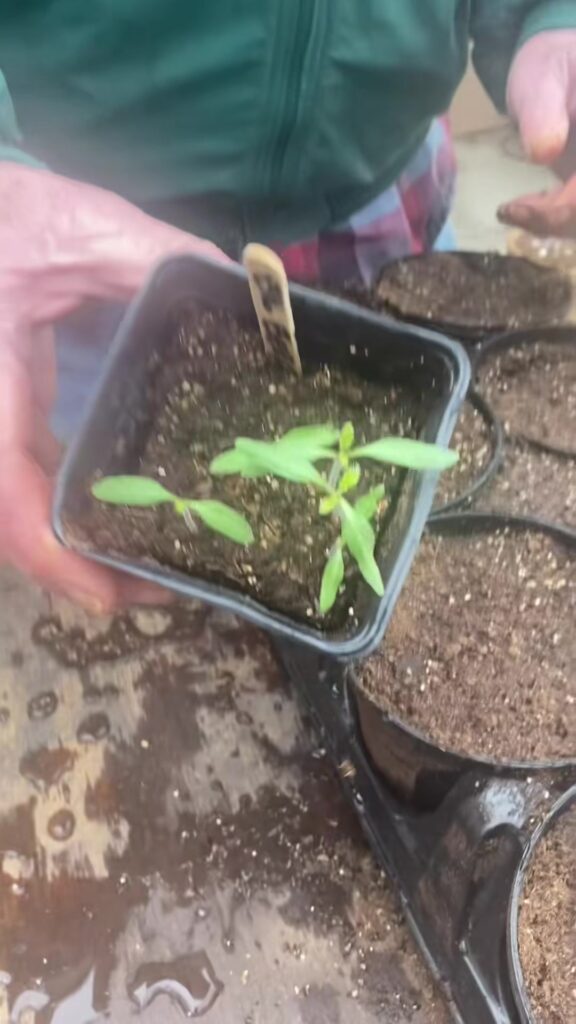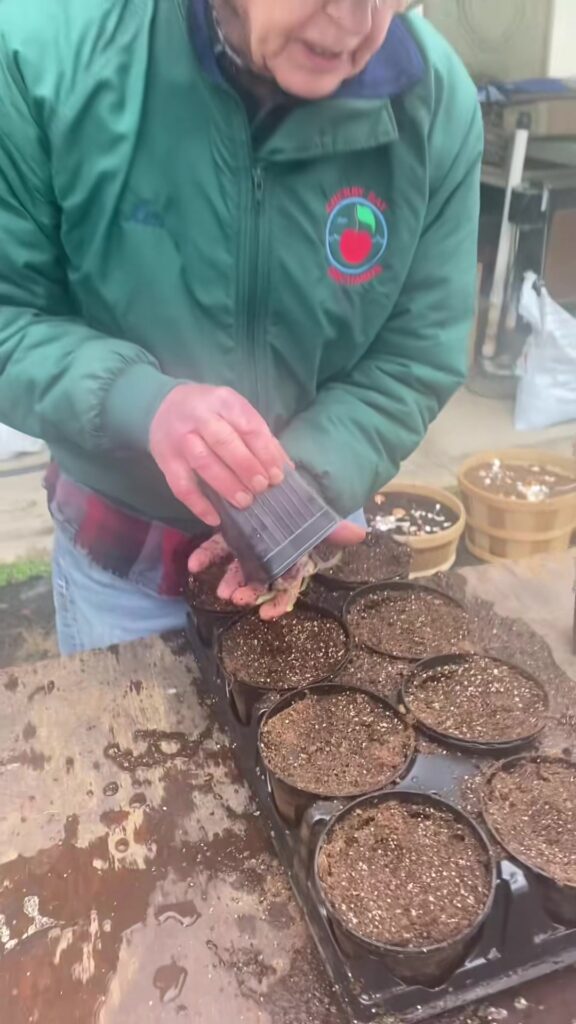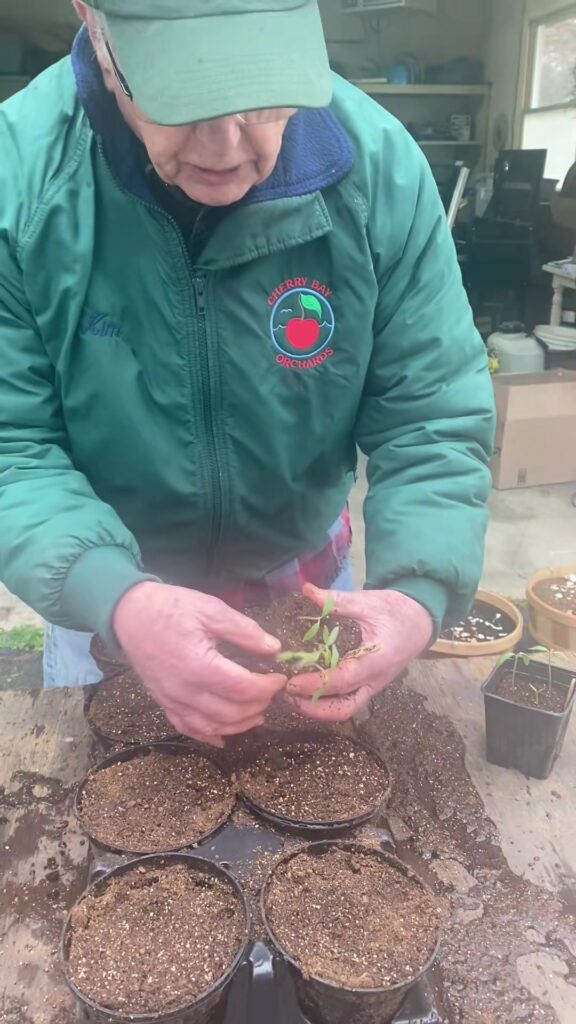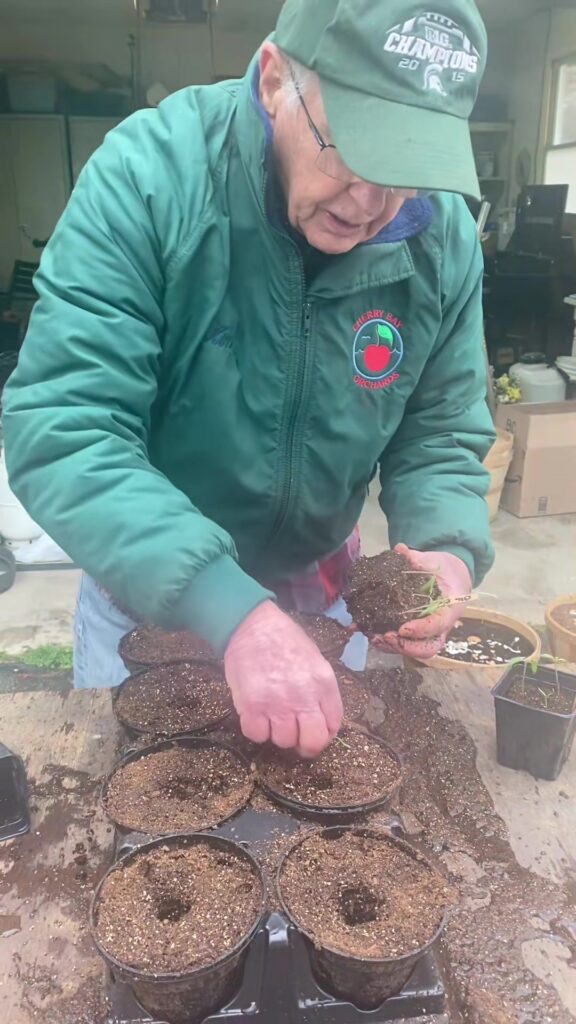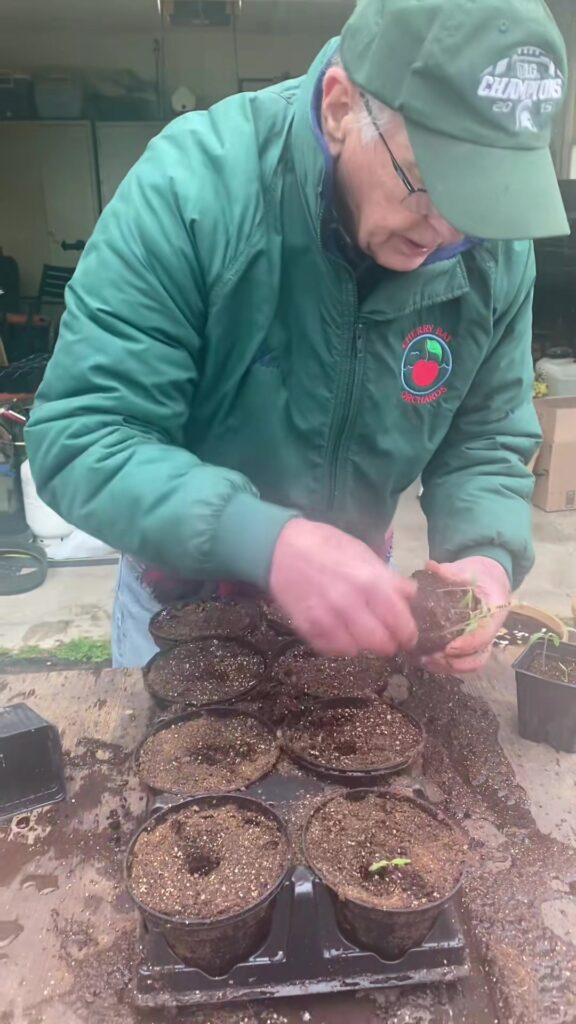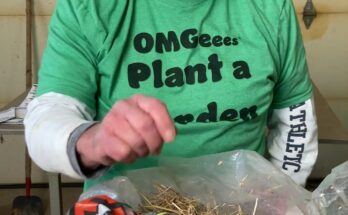Organic gardening is a sustainable and environmentally friendly way to grow your own food, flowers, and plants without the use of synthetic chemicals or genetically modified organisms (GMOs). Whether you’re a beginner or have some gardening experience, adopting organic methods can greatly enhance the health of your soil, plants, and the ecosystem as a whole. Here are some practical organic gardening tips to help you get started and succeed.
1. Start with Healthy Soil
The foundation of any organic garden is healthy soil. Focus on building fertile, well-draining soil that is rich in organic matter.
- Use compost – Compost adds essential nutrients and improves soil structure. You can make your own from kitchen scraps, yard waste, and paper products.
- Add organic matter – Incorporate aged manure, worm castings, or leaf mold to enrich the soil naturally.
- Test your soil – Perform a soil test to understand pH levels and nutrient content. Adjust accordingly using natural amendments like lime, bone meal, or rock phosphate.
2. Choose the Right Plants
Select plants that are well-suited to your region and growing conditions. Native and heirloom varieties often perform better and are more resistant to pests and diseases.
- Read seed packets – Look for organic or non-GMO seeds.
- Plant disease-resistant varieties – These are naturally less susceptible to common issues.
3. Practice Crop Rotation
Rotating crops each season prevents nutrient depletion and reduces the build-up of pests and diseases in the soil.
- Group plants by family – Rotate families like nightshades (tomatoes, peppers), brassicas (cabbage, broccoli), and legumes (peas, beans) annually.
- Use cover crops – Also known as green manure, plants like clover or rye improve soil fertility when turned under.
4. Use Organic Mulch
Mulching helps retain moisture, suppress weeds, and improve soil health.
- Types of mulch – Use straw, shredded leaves, grass clippings, or bark chips.
- Apply generously – Lay 2-4 inches around plants, avoiding direct contact with stems.
5. Water Wisely
Watering correctly is essential to prevent diseases and encourage deep root growth.
- Water early – Water in the morning to reduce evaporation and discourage fungal growth.
- Use drip irrigation or soaker hoses – These methods deliver water directly to the soil and minimize leaf wetness.
- Avoid overwatering – Check soil moisture before watering.
6. Control Pests Naturally
Organic gardening avoids synthetic pesticides in favor of eco-friendly methods.
- Encourage beneficial insects – Ladybugs, lacewings, and predatory beetles eat pests.
- Use natural sprays – Neem oil, insecticidal soap, or garlic spray can deter unwanted insects.
- Handpick pests – Remove caterpillars, beetles, or slugs by hand.
- Companion planting – Certain plants, like marigolds and basil, can repel pests or attract helpful insects.
7. Practice Composting and Recycling
Recycling organic materials keeps waste out of landfills and returns nutrients to the soil.
- Compost kitchen scraps – Use fruit peels, coffee grounds, eggshells, and vegetable trimmings.
- Avoid – Meat, dairy, and oily foods, which attract pests.
- Use compost tea – A nutrient-rich liquid fertilizer made by soaking compost in water.
Final Thoughts
Organic gardening is not only beneficial for your health and the environment, but it’s also a deeply rewarding hobby. By focusing on soil health, natural pest control, and sustainability, you can create a thriving garden that provides fresh, chemical-free produce and beautiful blooms all season long.
